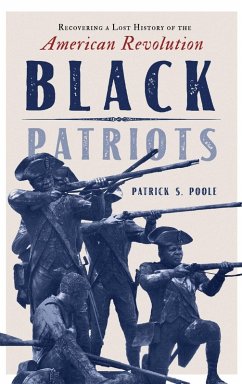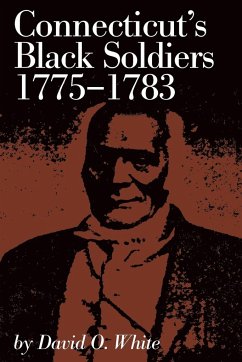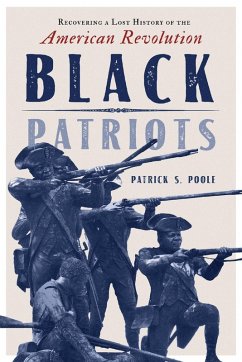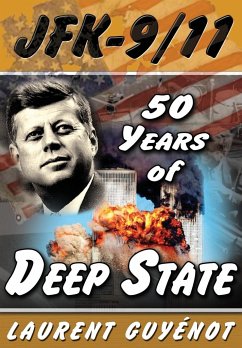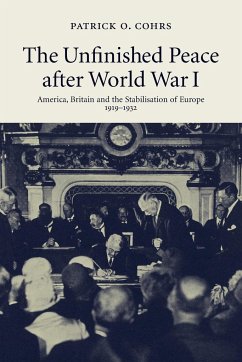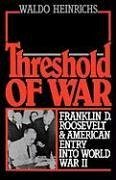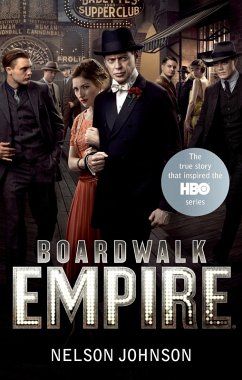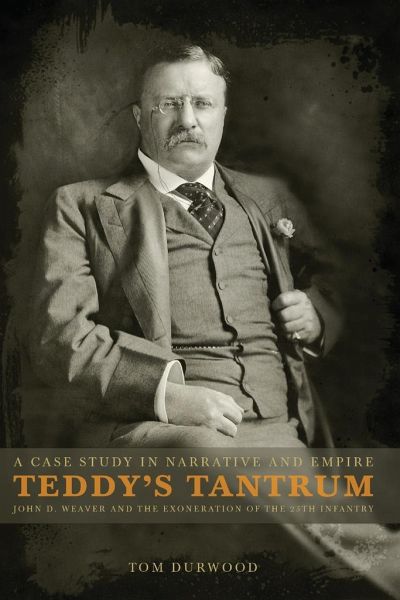
Teddy's Tantrum
John D. Weaver and the Exoneration of the 25th Infantry, A Case Study in Empire and Narrative

PAYBACK Punkte
9 °P sammeln!
A new retelling of the worst moment of one of our very best presidents. In the fall of 1906, President Theodore Roosevelt lost his temper. Someone had shot up the border town of Brownsville, Texas, where the all-black 25th Infantry had recently been stationed. Multiple hearings into the raid incident dragged on, without resolution, so Roosevelt impulsively settled the matter himself. This epic outburst turned into a national drama that would last over four years and ruin over a hundred lives. Half a century later, a writer named John D. Weaver pointed to a photograph in the family album and wo...
A new retelling of the worst moment of one of our very best presidents. In the fall of 1906, President Theodore Roosevelt lost his temper. Someone had shot up the border town of Brownsville, Texas, where the all-black 25th Infantry had recently been stationed. Multiple hearings into the raid incident dragged on, without resolution, so Roosevelt impulsively settled the matter himself. This epic outburst turned into a national drama that would last over four years and ruin over a hundred lives. Half a century later, a writer named John D. Weaver pointed to a photograph in the family album and wondered where it had been taken. "Some Negro soldiers shot up the town," she explained, "and Teddy Roosevelt kicked them out of the Army." That fleeting remark set him on a quest over two decades long to dig up the truth about what had happened in Brownsville and bring justice to the men of the 25th Infantry. Weaver found a story long buried by the giant reputation of "TR." One hundred and sixty-seven men of the all-black 25th Infantry had indeed been dismissed without a trial after a midnight raid in the border town of Brownsville. What is more, Weaver found that Roosevelt carried out a vendetta against the troops of the 25th Infantry, alongside of whom he had fought in Cuba, hiring private investigators to coerce "confessions" and gather the flimsiest evidence against them. Historian Lewis Gould called it "one of the most glaring miscarriages of justice in American history." With the support of his wife, Harriett, Weaver uncovered all aspects of the entire episode and published a book, causing the U.S. Army to take another look at the whole episode, ultimately issuing an apology to the men of the 25th Infantry and awarded the sole surviving battalion member back pay-almost 70 years later! Teddy's Tantrum is the first chronicle of the entire Brownsville story, treating Weaver's work and the troops' exoneration as an equal part of the narrative. Original scholarship with the support of leading scholars to help interpret the many aspects, roots, and consequences of the tantrum provides an account of John D. Weaver's early career and his two-decade campaign on behalf of the men of the 25th Infantry.





